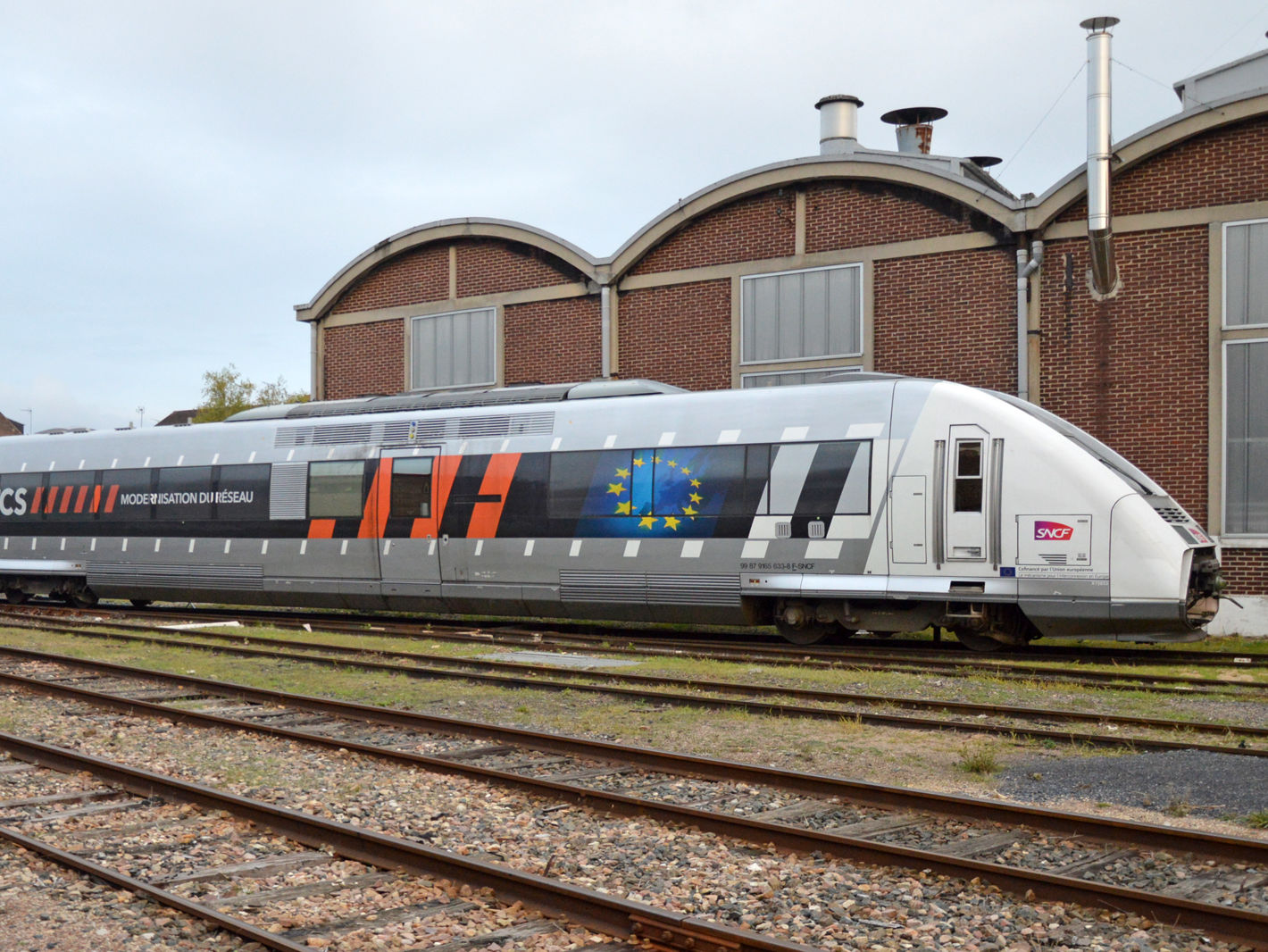Rail group specifies Safe Computing for Future Rail
- August 14, 2022
- William Payne

A group of European and US rail operators and industry firms including Deutsche Bahn, SNCF, SBB, Siemens, Thales, Real-Time Innovation (RTI) and Wind River, are collaborating in order to accelerate modernisation of Europe’s rail infrastructure. As part of this collaboration, the companies have developed a first specification for an API between railway applications and the emerging Safe Computing Platform, an initiative being developed within the rail industry.
With the introduction of enhanced Control Command and Signalling (CCS) approaches, and novel technologies such as advanced sensing and artificial intelligence into the rail system, it is necessary to design the appropriate IT platforms for future rail operation. In this context, the railway initiatives Reference CCS Architecture (RCA) and Open CCS Onboard Reference Architecture (OCORA) started working on a Safe Computing Platform concept in 2020, which is expected to provide the basis for safety-relevant railway applications for both onboard and trackside deployments. A key design paradigm is the introduction of a standardised method for separating applications from the computing platform. This decouples domains with very distinct lifecycles and leverages latest advances in the IT sector, while still leaving room for vendor differentiation on the detailed computing platform implementation.
The full list of the railway and industry players involved in developing the new specification for an API between rail applications and the Safe Computing Platform include RTI, DB Netz AG, duagon AG, Nederlandse Spoorwegen, SBB, Siemens Mobility GmbH, SNCF Voyageurs, SNCF Réseau, SYSGO GmbH, Thales and Wind River.
The published work includes a general definition of the concepts, key design paradigms for safe communication and computation, and implementation guidelines. Further, an analysis was conducted as to how functions defined in the POSIX standard could be reused for the desired API. Several open points were identified during this process that will require further specification work in the context of Europe’s Rail programme. Overall, the published work provides a solid basis for further specification and prototyping of possible Safe Computing Platform implementations.
“RTI has written the reference implementation annex for the SCP Messaging API based on the Object Management Group (OMG) Data Distribution Service (DDS) specification to bring this powerful data-centric approach to rail system communications,” said Mark Hary, Market Development Director, Commercial Markets, RTI. “RTI Connext is pioneering safety-certified, data-centric communications based on the DDS standard across the transportation sector – automotive, aviation, marine and rail – and this work immediately benefits next-generation railway implementations. The overall document is a collaborative effort to create a body of work that will guide the rail industry forward with safety at the forefront, and we are pleased to be part of a diverse group that produces this guidance.”




